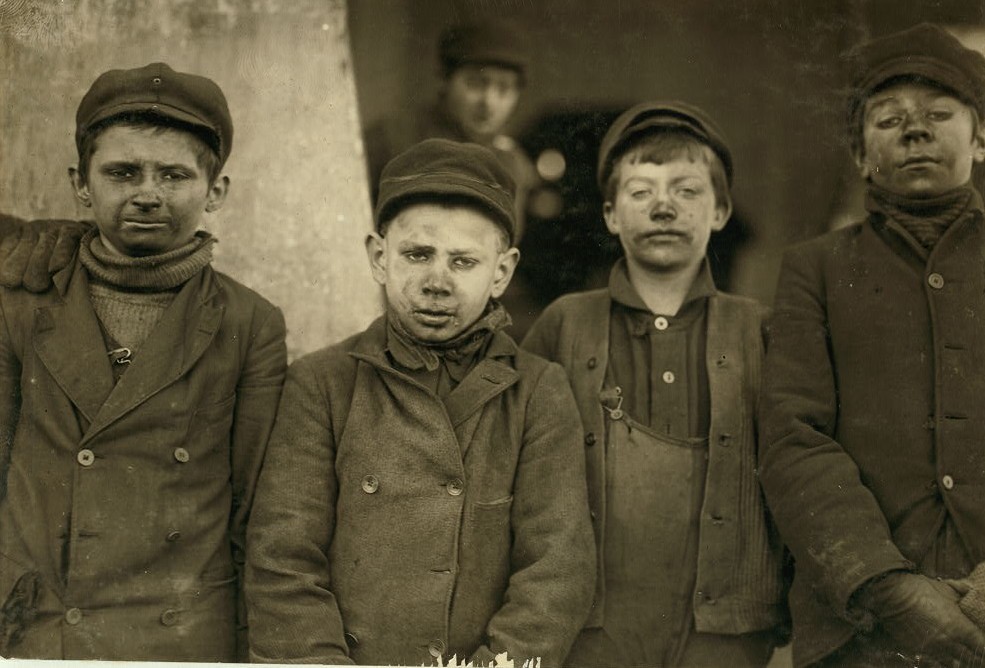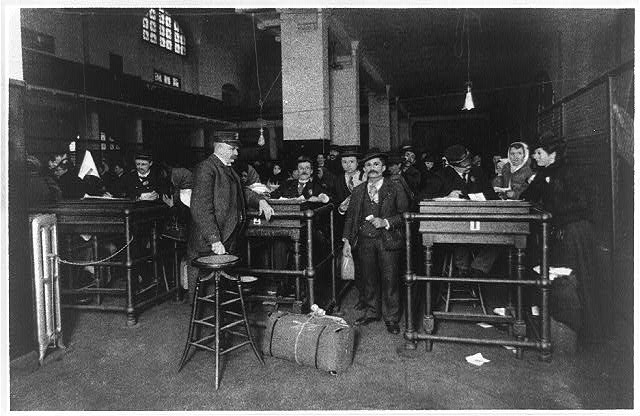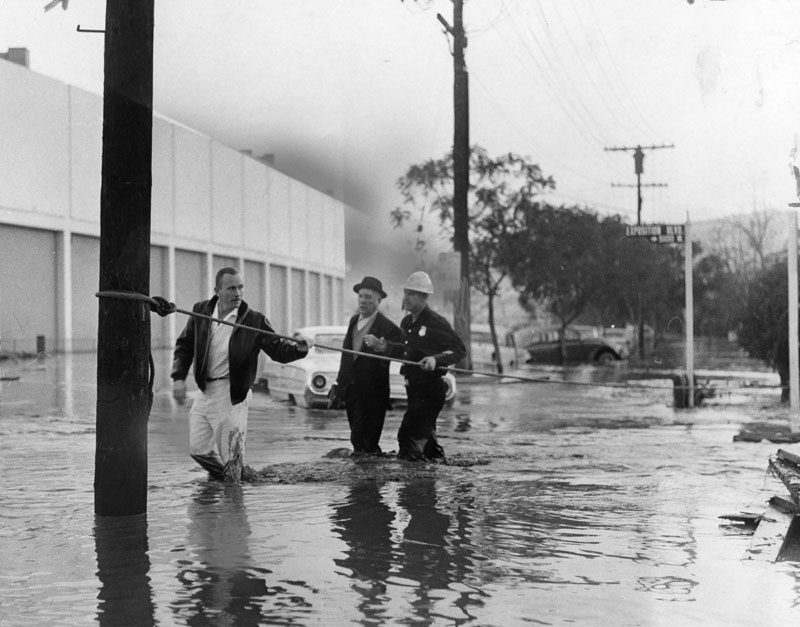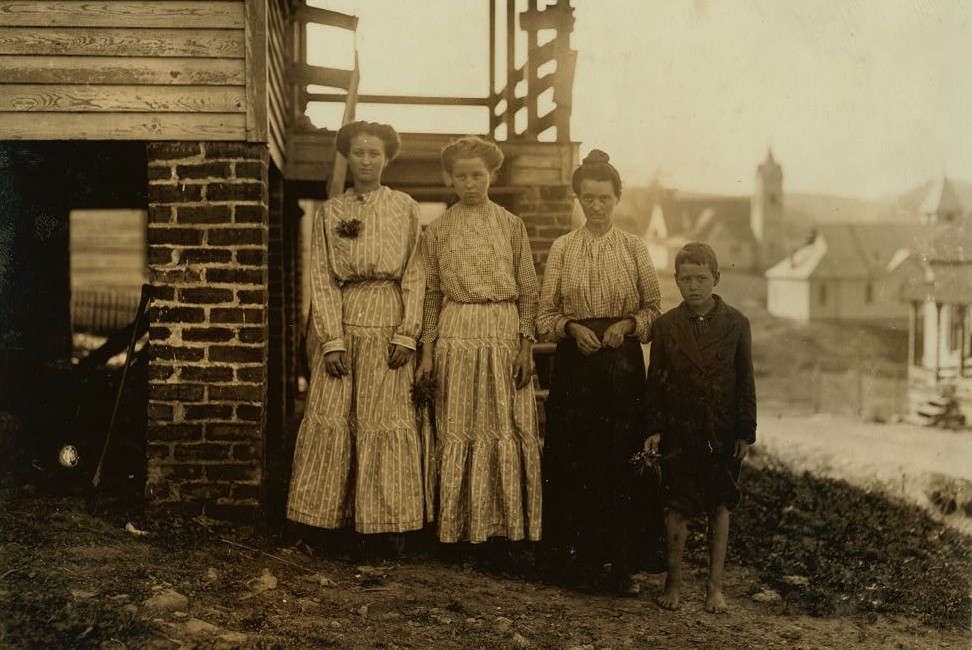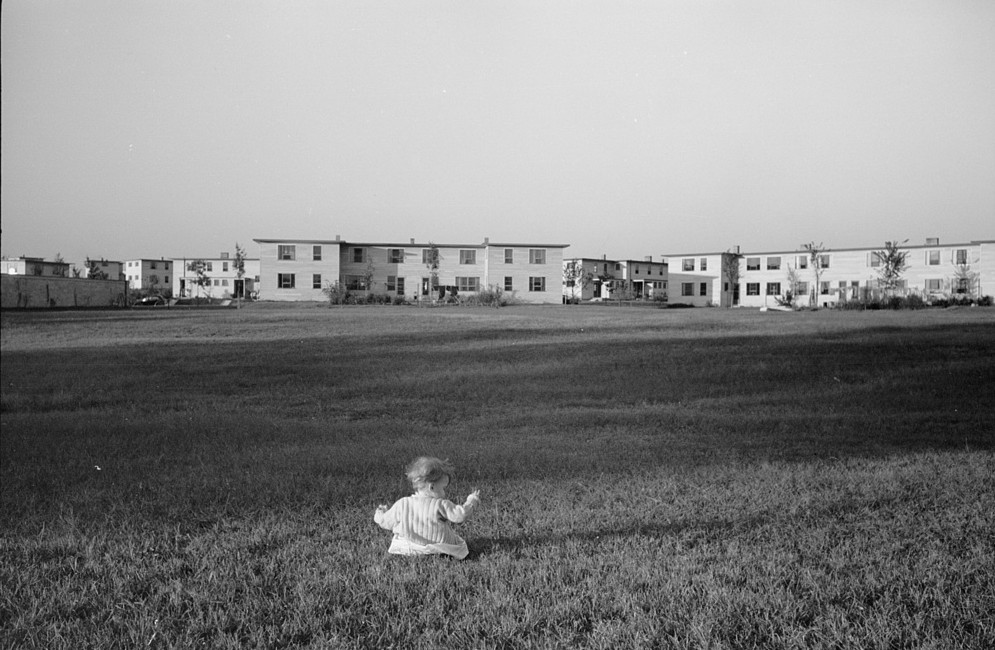He was born in a coal mining town in Shropshire, England and one of his neighbors prophesied that he would grow up to be a thief because when he was a baby, his mother cut his finger nails instead of biting them off.
Worked in a coal mine at eleven years of age
When he was eleven years old, he worked in a coal mine and continued this occupation underground for ten years to help support his younger brothers and sisters. He worked as a ‘pony boy’ in the mines, and while he waited for his cart to be unloaded, he pulled a book out of a pocket and read by the light of a dim, dirty, old lantern. He seldom had more than two minutes to read during these breaks in his 8-hour day, but he always carried a book.
Read himself out
S. Packes Cadman knew that the only way out of the coal mine was to read himself out. During his ten years in the mine, he read every book he could beg or borrow in the neighboring village. Ten years after he started, he had educated himself enough to pass his college examinations with honors and was awarded a scholarship at Richmond College in London.
Went to the United States
After graduating from seminary, Samuel Parkes Cadman (December 18, 1864-July 12, 1936) moved to the United States to pastor a local Methodist church in Millbrook, New York. Eventually, he became “the first of the radio pastors” and his sermons reached the ears of millions.
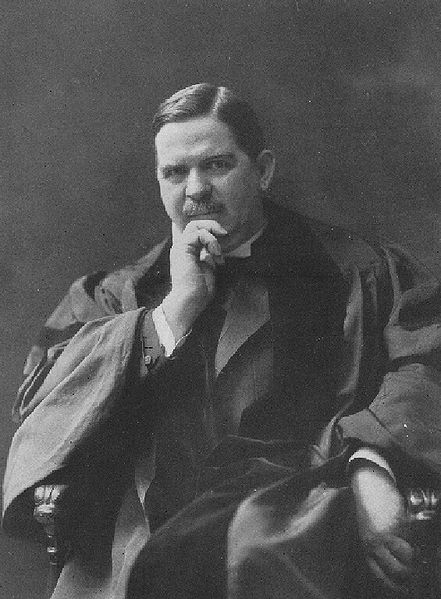 Samuel Parkes-Cadman (dawleyheritage.co.uk)
Samuel Parkes-Cadman (dawleyheritage.co.uk)
Condemned the Nazi Party
Known as an American clergyman, newspaper writer, and a pioneer of Christian radio broadcasting during the 1920s and 1930s, Cadman wrote an article “condemning the Nazi German government for the firing of theologian Karl Barth from a German university post as a result of the professor’s outspoken opposition to the Nazi regime and adamant refusal to sign an oath of allegiance to Adolf Hitler. Cadman later called for the U. S. to boycott the 1936 Summer Olympics in Berlin, Germany because of the Nazis’ anti-Semitic policies.
